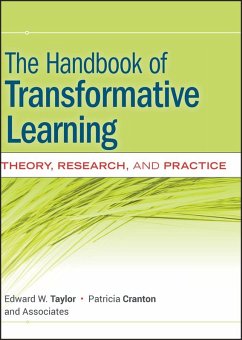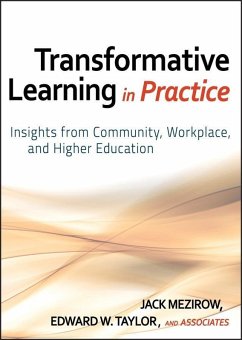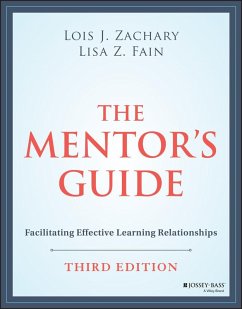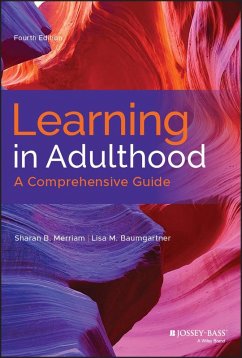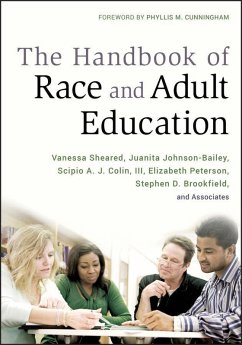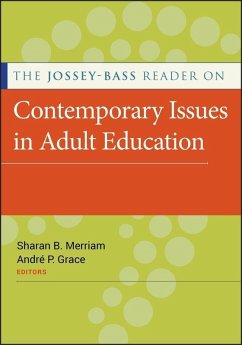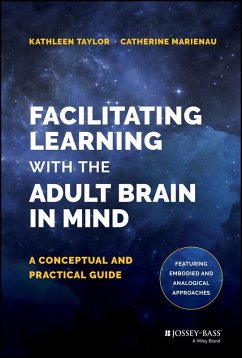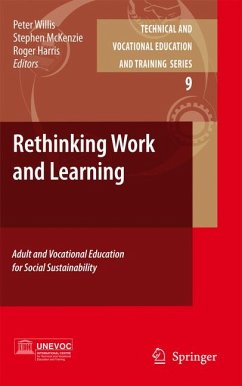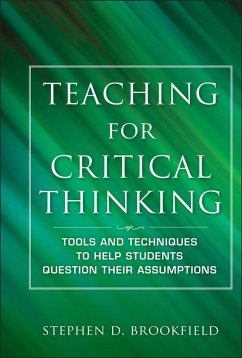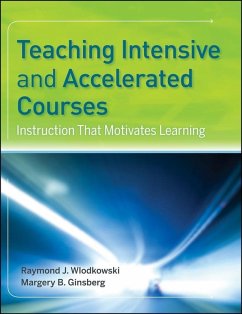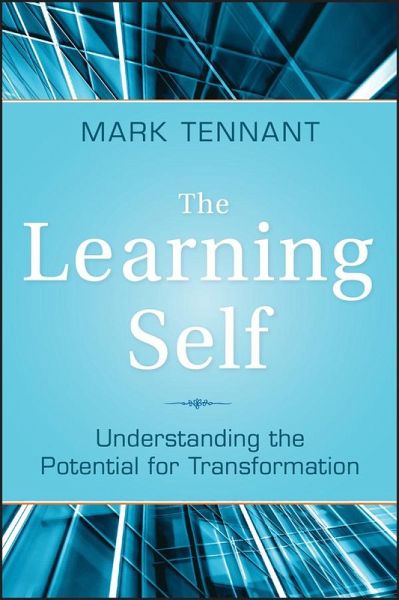
The Learning Self (eBook, PDF)
Understanding the Potential for Transformation
Versandkostenfrei!
Sofort per Download lieferbar
32,99 €
inkl. MwSt.
Weitere Ausgaben:

PAYBACK Punkte
0 °P sammeln!
The Learning Self This new book from the award-winning author of Psychology and Adult Learning puts the spotlight on the kind of learning that brings about significant personal change. Tennant explores the techniques, processes, and practices educators can use to promote learning that leads to change and examines assumptions about self and identity, how we are formed, and our capacity for change. The Learning Self addresses the different concepts of self and how they frame our understanding of personal transformation. The book opens with an exploration of the key concepts of self, identity, an...
The Learning Self This new book from the award-winning author of Psychology and Adult Learning puts the spotlight on the kind of learning that brings about significant personal change. Tennant explores the techniques, processes, and practices educators can use to promote learning that leads to change and examines assumptions about self and identity, how we are formed, and our capacity for change. The Learning Self addresses the different concepts of self and how they frame our understanding of personal transformation. The book opens with an exploration of the key concepts of self, identity, and subjectivity. The remaining chapters fall into two distinct groups. The first comprises chapters dealing with different versions of the self: The Authentic or Real Self, The Autonomous Self, The Repressed Self, The Socially Constructed Self, and The Storied Self. Tennant's aim in each case is to analyze the issues that each conception of the self presents and to comment on the implications for learning for personal change. The second group of chapters--Knowing Oneself, Controlling Oneself, Caring for Oneself, and (Re)creating Oneself--analyze general interventions to change the self. Although the focus in these chapters is on techniques and methods, the author highlights the versions of the self being promoted in their use. Throughout the book, Tennant posits that individuals can be agents in their own self-formation and change by understanding and acting on the circumstances and forces that surround and shape them.Educators, he argues, must be open to different theoretical ideas and practices while simultaneously valuing these practices and viewing them with a critical eye.
Dieser Download kann aus rechtlichen Gründen nur mit Rechnungsadresse in A, B, BG, CY, CZ, D, DK, EW, E, FIN, F, GR, HR, H, IRL, I, LT, L, LR, M, NL, PL, P, R, S, SLO, SK ausgeliefert werden.




